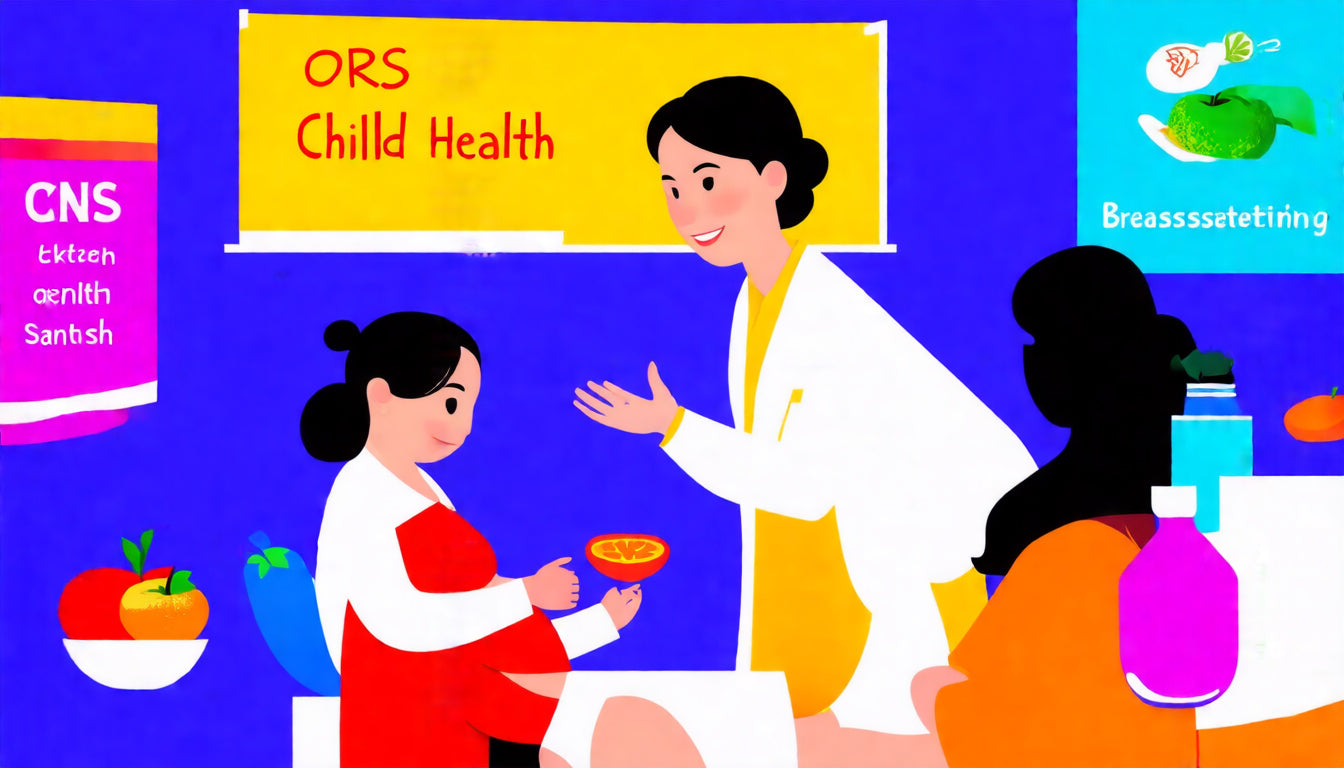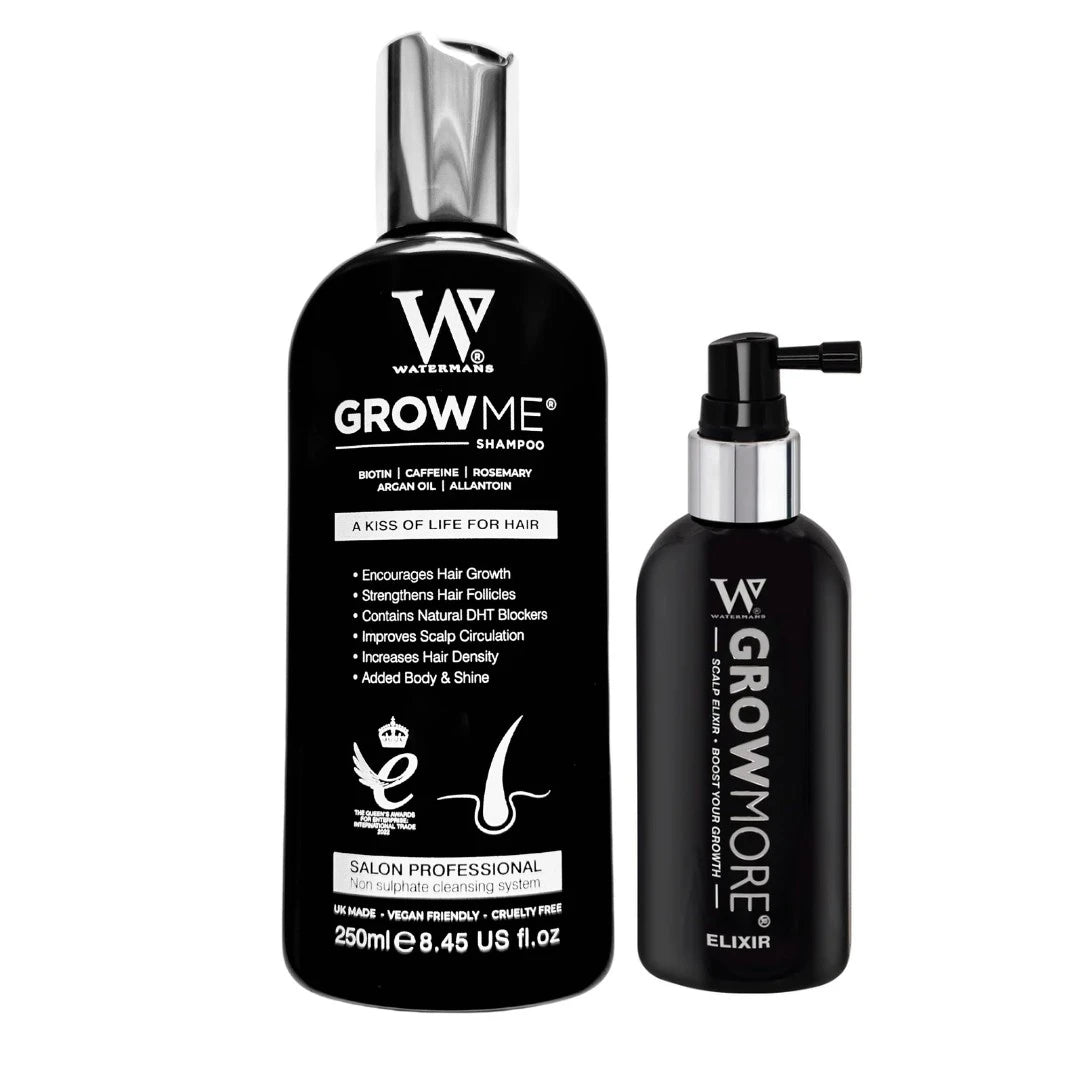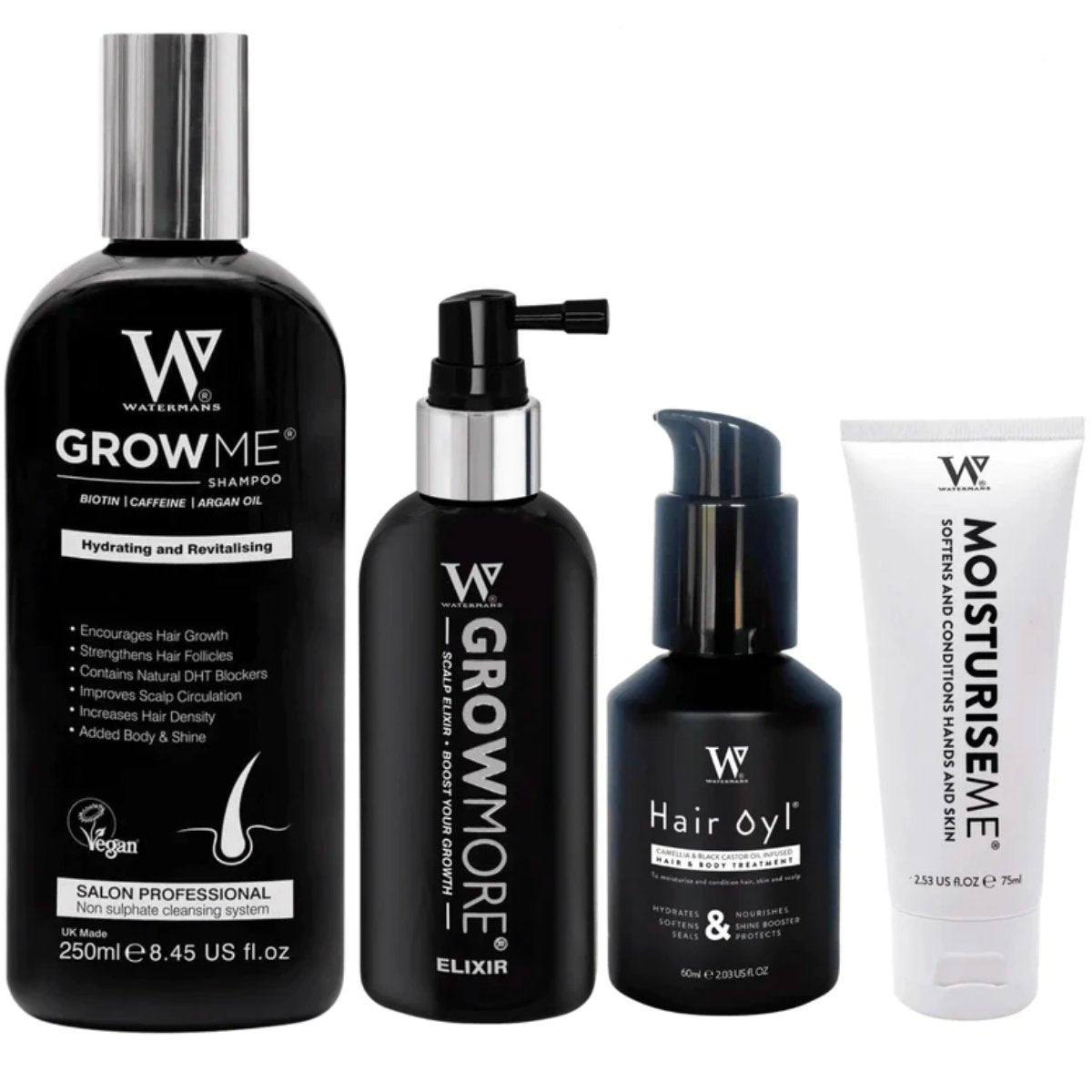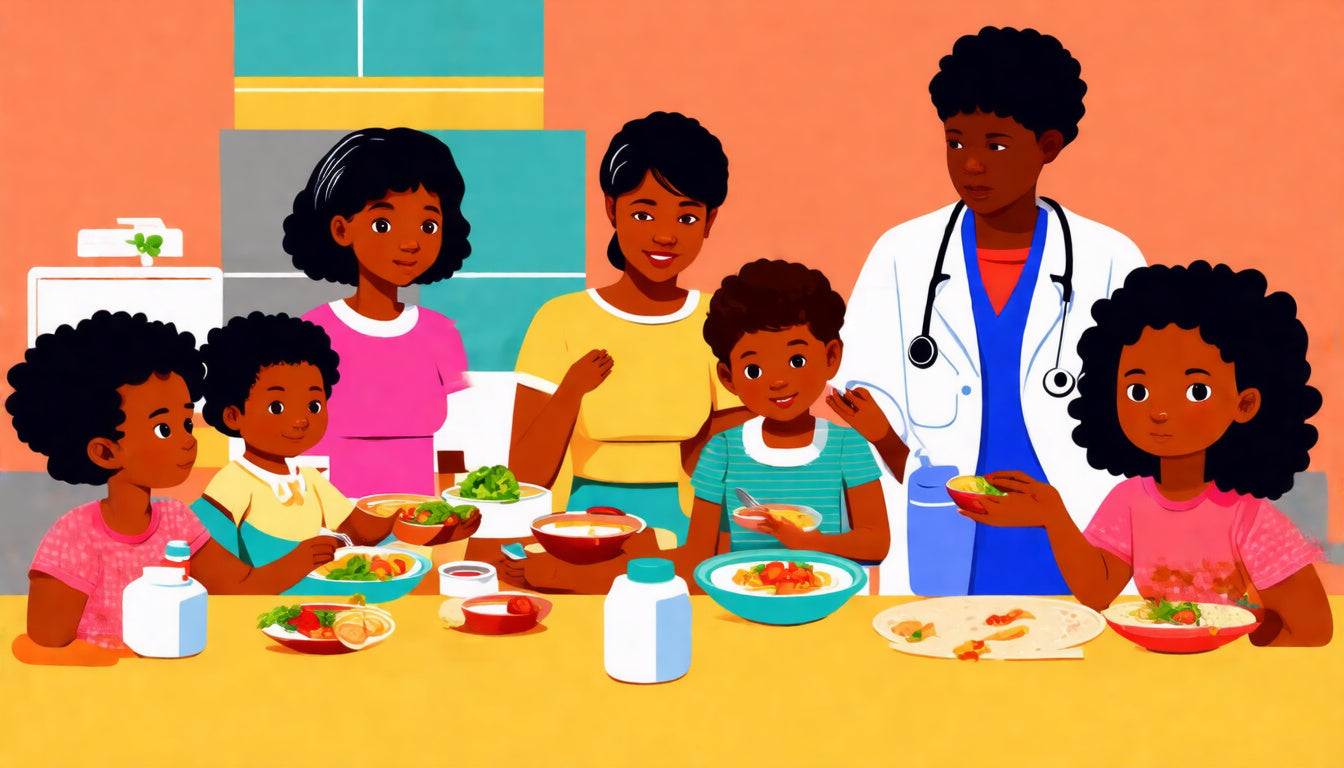
Exploring Essential Child Health: Insights from Dr. Sivaranjani Santosh on ORS, Breastfeeding, and Nutritious Eating Habits
Ensuring the health and well-being of children is a priority for parents and caregivers worldwide. Dr. Sivaranjani Santosh provides invaluable insights regarding child nutrition, highlighting the critical importance of breastfeeding, the appropriate use of oral rehydration salts (ORS), and the potential risks of formula milk and certain packaged products. Her guidance sheds light on fostering healthy growth through natural and informed choices.
Understanding the Role of ORS in Child Health
What is ORS and Why Is It Important?
ORS, or Oral Rehydration Salts, are specially formulated solutions recommended by the World Health Organization (WHO) to combat dehydration caused by diarrhea or vomiting, common illnesses among young children. Dr. Santosh emphasizes that only WHO-recommended ORS formulations should be used, especially to avoid the dangers of substandard or unapproved products in the market.
Why Avoid Packaged ORS Alternatives?
Dr. Santosh warns against using non-ORS drinks, milk mixes, or gummy products as substitutes for WHO-approved ORS solutions. These alternatives can be harmful and may result in long-term health problems for children. Trusted ORS formulas help replenish lost fluids and electrolytes safely, which is essential in preventing severe dehydration.
The Importance of Breastfeeding Over Formula Milk
Breastfeeding as the Optimal Nutrition Source
Breast milk is uniquely designed to meet an infant's nutritional needs and is easy to digest. Dr. Santosh points out that breastfed babies feel satiated for longer periods, unlike babies fed on formula milk, who tend to become hungry quickly and may need frequent feeds. Breastfeeding also contributes important antibodies that help protect babies from infections.
The Risks of Formula Milk and Label Reading
Formula milk can be a financial and nutritional "trap," according to Dr. Santosh. Many formula products are heavily marketed, even though some are illegal or not recommended for infants at certain ages. Careful consideration is needed when selecting milk products. Mothers should avoid falling into the misconception that small breasts indicate an inability to breastfeed successfully. Most women can breastfeed effectively with proper support.
Allergies and Health Concerns
Some ingredients in formula milk and similar products may pose health risks, including contributing to allergies or developmental concerns. Dr. Santosh highlights the importance of avoiding harmful products and stresses that vaccination is unrelated to autism – a common myth surrounding child health.
Five Foods and Products to Avoid Giving Children
Dr. Santosh lists five categories of items that should never be given to young children to support their healthy growth:
- Packaged or unapproved ORS substitutes
- Formula milk with questionable ingredients or illegal status
- Gummy or processed sugary foods marketed for children
- Artificial sweeteners and additives in drinks or snacks
- Any product not recommended or vetted by child health authorities
Avoiding these helps reduce long-term adverse impacts on children's health and development.
Promoting Nutritious Eating Habits for Children
Healthy eating habits start early. Emphasizing natural, whole foods and breastfeeding can establish a robust nutritional foundation. Parents and caregivers should encourage balanced diets rich in fruits, vegetables, whole grains, and adequate hydration.
For parents looking for trusted resources and effective hair care products that complement a healthy lifestyle, exploring options like Watermans hair products can support overall well-being. Making informed decisions about child health and nutrition ensures a promising start for our future generations.
Summary: Dr. Sivaranjani Santosh’s expert advice underlines the exclusive recommendation for using WHO-approved ORS in children, champions breastfeeding over formula milk due to its unmatched nutritional benefits, and advises avoiding harmful packaged products. Building nutritious eating habits early and steering clear of risky foods promote lifelong health for children.













